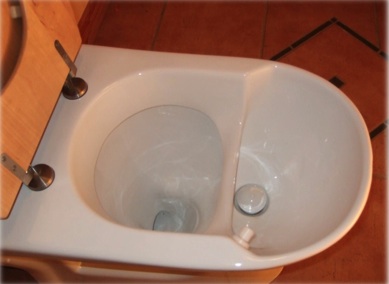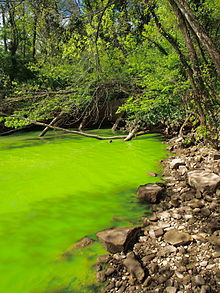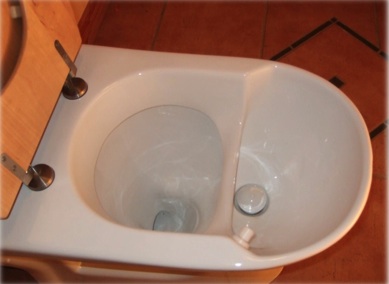
Do you Poop Sustainably? Alternative Toilets Save Water & ReCycle Waste
This guest blog post is from Atara Jaffe.
Sustainability. From mainstream media to blogs, sustainability is not just a buzzword, but is frequently used as a term to embody practices related to survival. Everyone from homeowners to architects are incorporating “sustainability” tactics to slowly transform the way people think and live. While solar panels have popped up like daisies and community gardens are becoming the norm, “sustainability” is less mentioned in conjunction with sanitation. For example, we still waste water in our sewer systems, rather than treat it as valuable resource.
Sewer systems in the US are failing. Urban sewers are aged, overloaded and breaking costing millions in damages, cleanup and maintenance. In addition, large wastewater treatment plants consume massive amounts of energy and inject chemicals such as chlorine into the water stream to “clean” the water, but fail to filter out many harmful pollutants.
Why hasn’t our advancing technology “fixed” these water and sanitation systems? Well, it has started to on an individual level but still needs to scale up. These individual solutions are self-contained, cyclical systems that create an environment where “waste” becomes resource.
Human waste is high in three important nutrients: Nitrogen, Phosphorus and Potassium (NPK). When these nutrients enter waterways from sewers, they cause eutrophication. This increase in phytoplankton populations, or algal blooms, eventually clouds the water, creating dead zones in our waterways. At the same time, NPK is vital to soil and plant health and growth. Agricultural lands today are taxed from over grazing, deforestation and erosion, and some of these lands need replenishment with these nutrients.
Alternative, sustainable toilet systems are a holistic solution because they place NPK in appropriate places, while costing less in operation and maintenance. This post will detail two possible alternative, sustainable toilet systems: compost toilet systems and Urine Diverting Toilets.
Compost toilet systems allow solid human waste to decompose, kill harmful bacteria, and return to a basic state of soil. This can be achieved either through time or with micro and macro organisms (such as worms). There are various designs and innovations that range from aesthetic sophistication to basic composting receptacles, but they all accomplish the same end goals. Optimally, the liquids should be separated or drained from the solids to decrease decomposition time, increase quality, and avoid odor. A stinky outhouse is never desirable in-house.
At the end of a properly-monitored composting cycle, decomposed poop can be safely spread over grounds, lawns, or gardens as a rich fertilizer. The use of a compost toilet contributes little to nothing to a septic or sewer systemand prevents additional pollution via these systems. If and when liquids are drained, they can be either treated to greywater standards with UV lights or additional filtration or can be connected to an existing septic/sewer. Still, the strain on the sewer will be significantly lighter.
Urine diverting toilets have a special design that handles various environmental issues. Like the compost toilet, the UD toilet allows for resource/waste collection to be used as valuable, nutritious fertilizer. Since urine is packed with Nitrogen and Phosphorus, it makes a great substitute for artificial fertilizer. The Urine Diverting toilet’s claim to fame is its greatly reduced water usage. Due to the dual bowl design, all urine is caught in the front section of the toilet, which acts as a waterless urinal, with optional spritzes. The solids bowl has a low-flush setting, and since humans urinate more than defecate, the amount of flushes needed by a UD toilet are about 80% less resulting in 80% of water savings.
Alternative, sustainable toilet systems are slowly gaining momentum in the United States, but awareness and education are the key to change and imperative to progress. It’s time to recognize urine and feces as valuable resources instead of repugnant waste. If sustainability is what our society aims to achieve in the future, then we must make progress in all aspects of our lifestyles, even when the topic is…poopy.
Sources Here are further details on problems with current sewage systems and on Urine Diverting Toilets. Videos presenting a commercially available compost toilet system are here and here.
About the Author With a background in Environmental Studies and Permaculture, Atara aims to bring awareness of the current destructive sewage system and spread the knowledge of sustainable alternatives. Currently she is a representative for Rosie’s Natural Way, which is part of the MetroWood Group, Inc. of Pittstown NJ, can be reached at atara AT rosiesnaturalway.com
Disclaimer PHLUSH, an all volunteer non-profit, is committed to sharing information about toilet technologies. However, we do not make endorsements and have no commercial interest in any firm.


